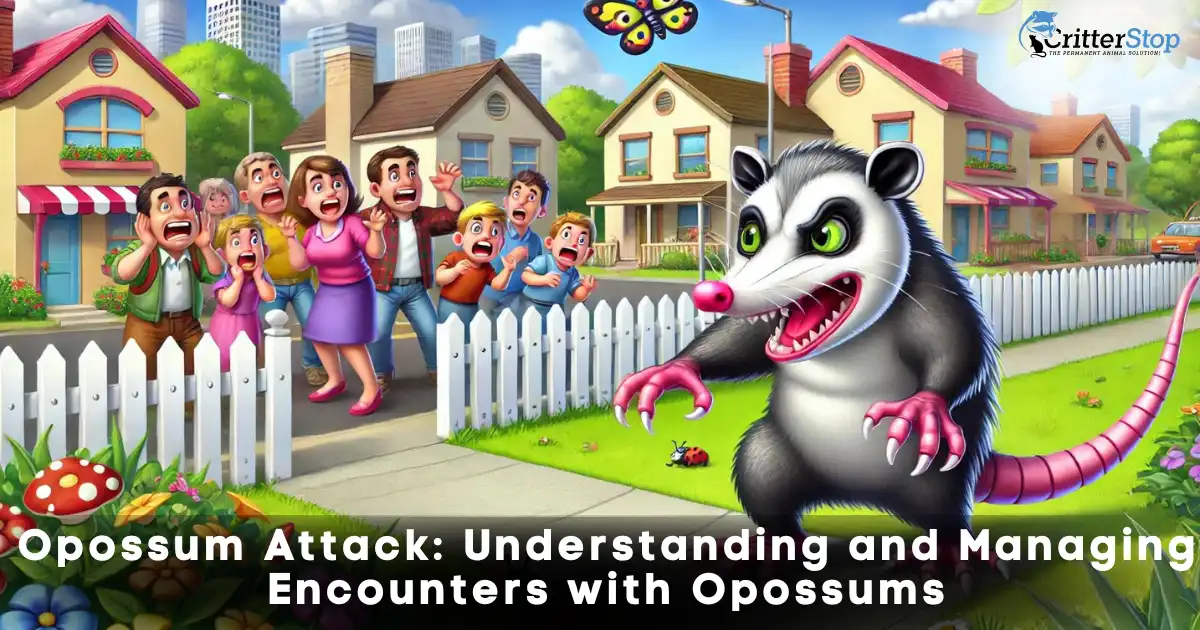
Opossums are fascinating creatures, often misunderstood due to their nocturnal habits and unique appearance. While they play a crucial role in the ecosystem by controlling pests and cleaning up carrion, encounters with humans can sometimes lead to conflicts. In this comprehensive guide, we will explore the nature of opossum attacks, the reasons behind their behavior, and effective ways to manage and prevent such encounters.
By learning more about these nocturnal animals, we can foster coexistence and appreciate the vital role they play in maintaining ecological balance.
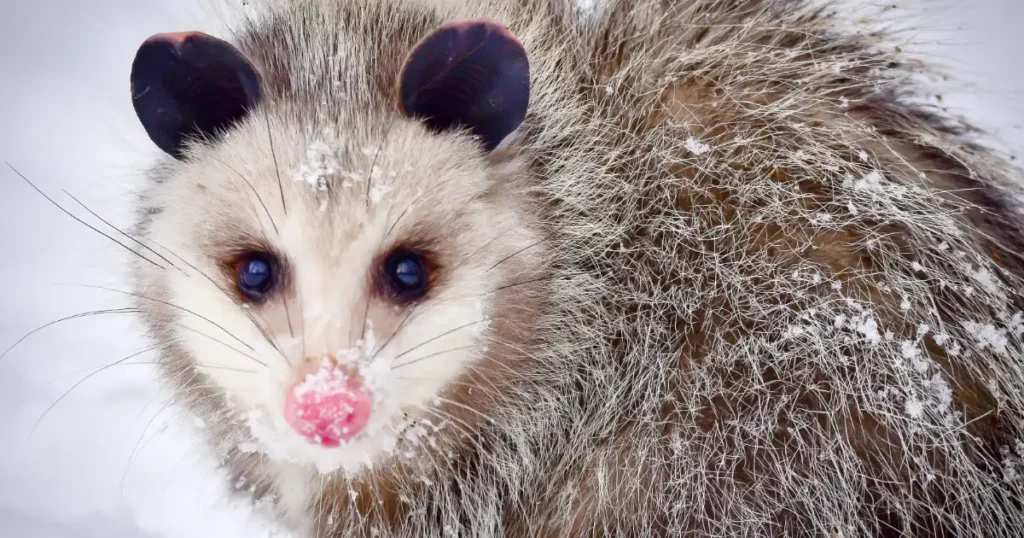
Opossums, also known as possums in North America, are marsupials that are primarily nocturnal. They are generally non-aggressive and prefer to avoid confrontation. However, when threatened, they can exhibit defensive behaviors that may be perceived as attacks.
Defensive Mechanisms of Opossums
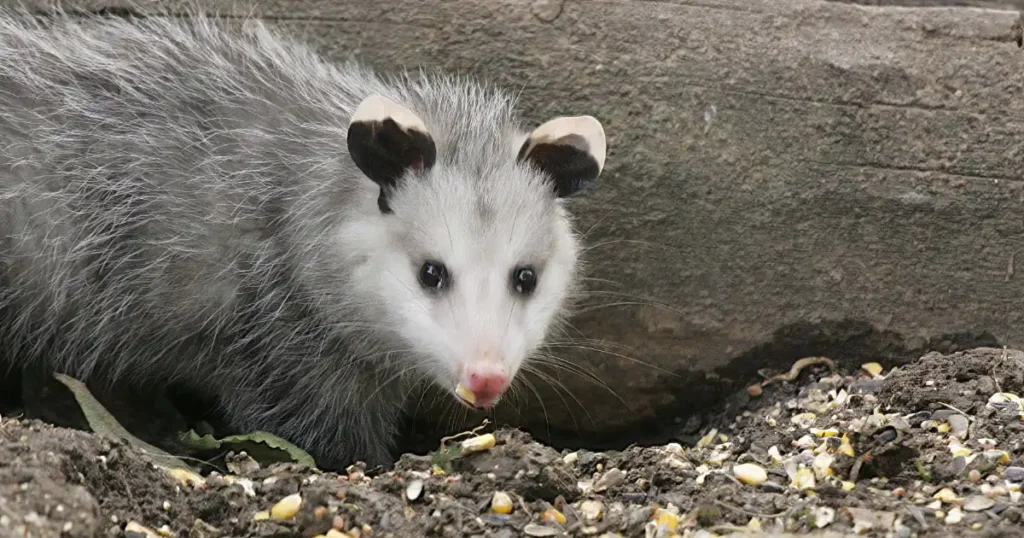
Opossums are not naturally aggressive towards humans, so it’s quite uncommon for one to attack a human. Most attacks occur due to specific circumstances that provoke the animal. Understanding these triggers can help prevent negative encounters.
Common Triggers for Opossum Attacks
Preventing encounters with opossums involves making your property less attractive to these nocturnal visitors. Here are some effective strategies to keep opossums at bay.
Effective Strategies for Opossum Prevention
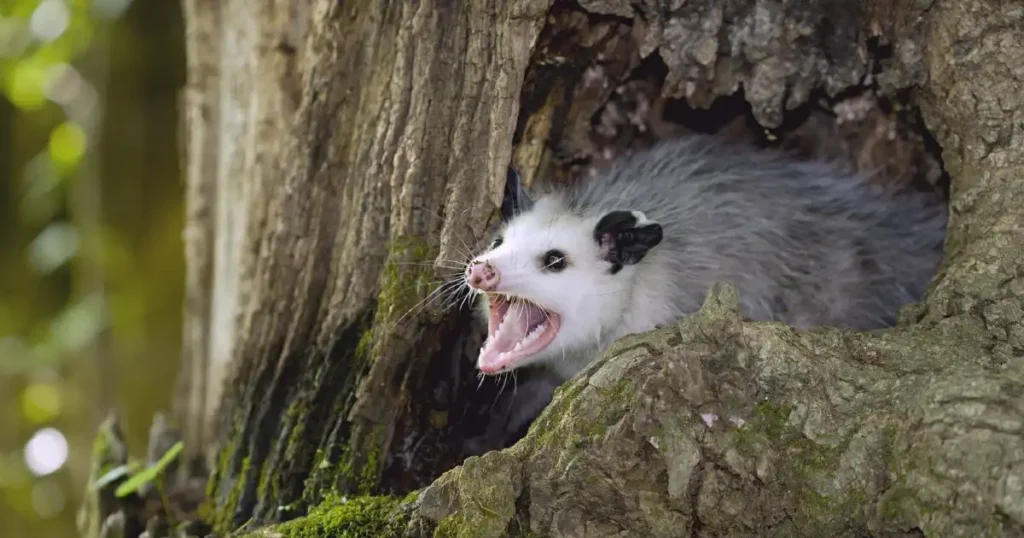
Encountering an opossum can be startling, but it is important to remain calm and take appropriate actions to ensure both your safety and the safety of the animal.
Steps to Handle Opossum Encounters
When it comes to removing opossums from your property, it is crucial to use humane methods. Inhumane treatment or illegal removal practices can result in harm to the animal and potential legal consequences.
Humane Opossum Removal Methods
For professional and humane opossum trapping, we highly recommend contacting Critter Stop. Critter Stop has a fantastic reputation and excellent customer reviews for providing high-quality work and great customer service.
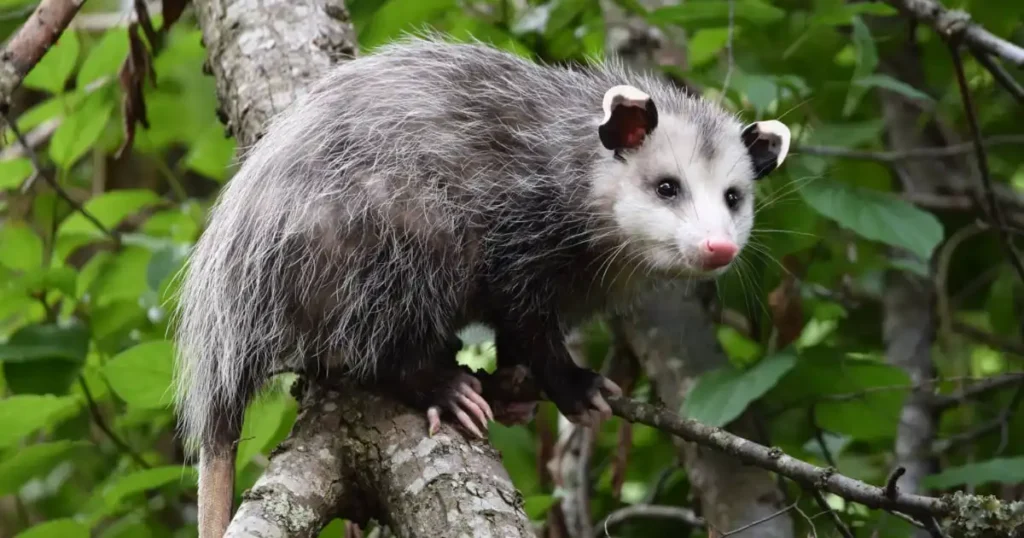
Opossums often suffer from a bad reputation due to myths and misconceptions. It's important to set the record straight and appreciate these creatures for the beneficial role they play in the environment.
Common Myths About Opossums
Despite their somewhat frightening appearance, opossums provide several health benefits that are often overlooked.
Tick Control
Opossums are known to consume large quantities of ticks. A single opossum can eat thousands of ticks in a season, helping to reduce the risk of tick-borne diseases such as Lyme disease. This being said, opossum hunting ticks are quite beneficial for all mammals.
Pest Control
Opossums feed on a variety of pests, including snails, slugs, and beetles. By controlling these populations, they help maintain a healthier garden and reduce the need for chemical pesticides.
Carrion Cleanup
As scavengers, opossums play a vital role in cleaning up carrion, which can prevent the spread of diseases and maintain a cleaner environment.
Community education is key to fostering a positive relationship with opossums. By understanding their behavior and ecological importance, we can reduce unnecessary fear and promote humane treatment.
Community Outreach Programs
It's important to be aware of the legal aspects of opossum management to ensure compliance with local wildlife protection laws.
Wildlife Protection Laws
Many regions have laws and regulations that protect wildlife, including opossums. These laws may dictate how opossums can be handled, relocated, or removed from properties.
Permits and Licenses
In some areas, a permit or license may be required to trap and relocate opossums. It is important to check with local wildlife authorities to ensure compliance with all regulations.
Penalties for Inhumane Treatment
Inhumane treatment of opossums can result in legal penalties. This includes causing unnecessary harm or using illegal methods to remove or kill opossums. Always opt for humane solutions and consult with professionals if needed.
Learning from successful opossum management cases can provide valuable insights and strategies for dealing with these creatures humanely.
Case Study 1: Urban Opossum Management
In a suburban neighborhood experiencing frequent opossum visits, residents implemented several preventive measures. By securing garbage bins, removing potential food sources, and installing motion-activated lights, they significantly reduced opossum encounters. Additionally, the community worked with a local wildlife expert to safely relocate a family of opossums to a nearby wildlife reserve.
Case Study 2: Agricultural Opossum Control
A farm dealing with opossum-related issues took a proactive approach by creating a more opossum-friendly environment that discouraged them from entering barns and storage areas. They installed opossum-proof fencing, used live traps for relocation, and educated farm workers on humane handling techniques. As a result, the farm saw a decrease in opossum-related problems and an increase in beneficial pest control.
As we continue to learn more about opossums and their role in the ecosystem, it is essential to promote coexistence and humane management practices.
Research and Conservation
Ongoing research is vital to understand opossum behavior and ecology better. Conservation efforts should focus on protecting opossum habitats and ensuring their survival in urban and rural environments.
Public Awareness Campaigns
Increasing public awareness about the benefits of opossums and how to manage encounters humanely can lead to more positive interactions and reduce unnecessary fear. Public awareness campaigns can be conducted through social media, community events, and partnerships with wildlife organizations.
Innovative Solutions
Innovative solutions, such as advanced exclusion devices and improved live traps, can enhance opossum management practices. These tools should prioritize the safety and well-being of both opossums and humans.
Given the significant role opossums play in ecosystems, it is crucial to address their presence in residential areas humanely and effectively. This is where Critter Stop comes into play.
Critter Stop is a professional wildlife removal company with a stellar reputation for high-quality work and excellent customer service. Their humane methods ensure that opossums and other wildlife are removed from your property safely and efficiently.
Choosing Critter Stop:
If you are experiencing issues with opossums or other wildlife in your home, contact Critter Stop for comprehensive and humane wildlife control services.
Their expertise and commitment to quality make them the best choice for residential wildlife control in North Texas.
Contact us at (214) 234-2616 to get a free estimate of our services.
Visit our Critter Library and learn more about our furry friends